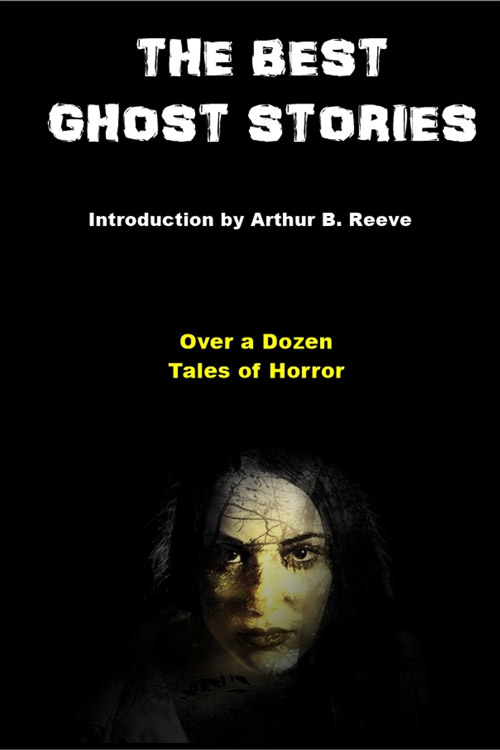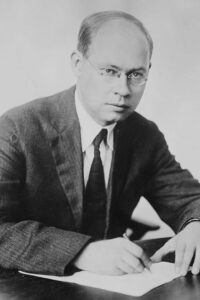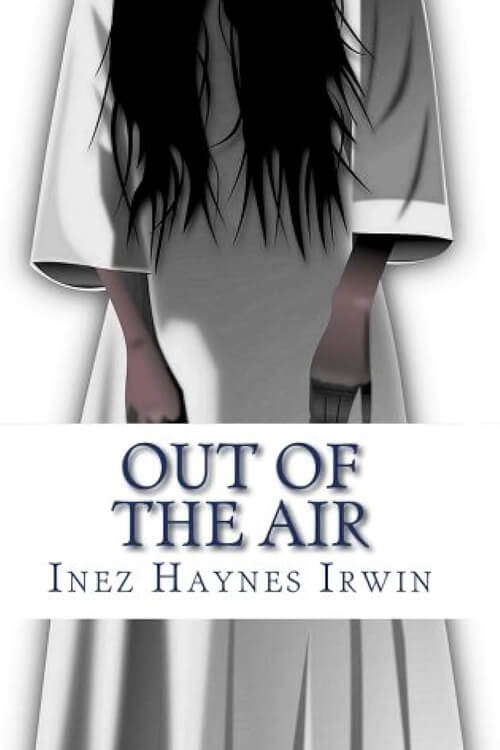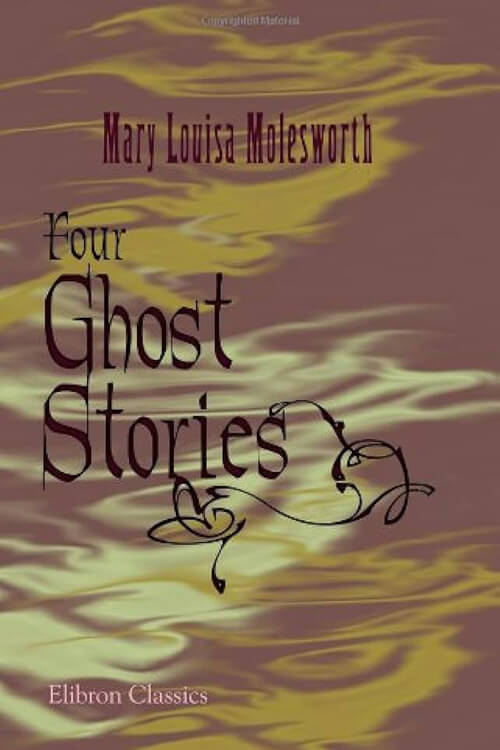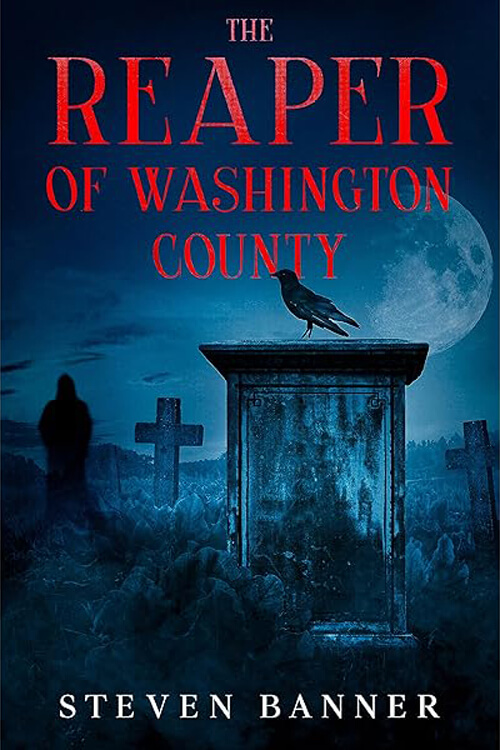
The Best Ghost Stories
If there is anyone who has not, it may be that ghost stories have no fascination for him. Let him at least, however, be honest. To every human being, mystery appeals, be it that of the crime cases on which a large part of yellow journalism is founded or be it in the cases of Dupin, Le Coq, Sherlock Holmes, Arsene Lupin, Craig Kennedy, or a host of others of our fiction mystery characters. The appeal is in the mystery. However, the detective’s case is solved in the end. But the underlying mystery remains even at the end of a ghost story. In the ghost story, we have the very quintessence of mystery. Authors, publishers, editors, dramatists, and writers of motion pictures tell us that never before has there been such an intense and broad interest in mystery stories as there is today.
That explains the interest in the super-mystery tale of the ghost and ghostly doings. Another element of mystery lies in such stories. More profound and further back is the supreme mystery of life—after death—what? “Impossible,” scorns the non-psychic as he listens to some ghost story. To which doggedly replies the mind of the opposite type, “Not so. I believe because it is impossible.” The uncanny, the unhealthy—as in the master of such writing, Poe—fascinates. Whether we will or not, the imp of the perverse lures us on. That is why we read these excursions into the eerie unknown with enthralled interest. Perhaps reading on till the mystic hour of midnight increases the creepy pleasure. One might write a volume of analysis and appreciation of this aptly balanced anthology of ghost stories assembled here after years of reading and study by Mr. J.L. French.
Read or download Book
Arthur B. Reeve
Arthur Benjamin Reeve (October 15, 1880 – August 9, 1936) was an American mystery writer.
Biography
He is known best for creating the series character Professor Craig Kennedy, sometimes called “The American Sherlock Holmes”, and Kennedy’s Dr. Watson-like sidekick Walter Jameson, a newspaper reporter, for 18 detective novels. Reeve is primarily famous for the 82 Craig Kennedy stories, published in Cosmopolitan magazine between 1910 and 1918. These were collected in book form; the third collection published short stories and grouped them into episodic novels. The 12-volume publication Craig Kennedy Stories was released in 1918; it reissued Reeve’s books-to-date as a matched set. Born in Brooklyn, Reeve graduated from Princeton and attended New York Law School. He was an editor and journalist before acquiring fame from the first Craig Kennedy story in 1911.
Raised in Brooklyn, he lived most of his professional life at various addresses near Long Island Sound. In 1932, he relocated to New Jersey (Trenton) to be nearer his alma mater, Princeton. He died in Trenton in 1936. Reeve began authoring screenplays starting with The Exploits of Elaine (1914). His movie career was the most productive during 1919-20 when he was credited for seven movies, most of them serials, three featuring Harry Houdini. After that—- probably because the movie industry migrated to Hollywood and Reeve’s desire to remain in the East—- Reeve worked more sporadically with movies. He originally published much fiction in newspapers and various magazines, including Boys’ Life, Country Gentleman, and Everybody’s Magazine. Eventually, he was published only in pulps like Detective Fiction Weekly and Detective Story Magazine. In 1927, Reeve contracted with (John S. Lopez) to write a series of movie scenarios for the notorious millionaire murderer Harry K. Thaw on fake spiritualists. The deal resulted in a lawsuit when Thaw refused to pay. In late 1928, Reeve declared bankruptcy. During the 1930s, Reeve changed his career by becoming an anti-racket crusader.
He hosted a national radio program from July 1930 to March 1931, published a history of the rackets titled The Golden Age of Crime, and the emphasis of his Craig Kennedy stories completed Reeve’s transition from “scientific detective” work to combating organized crime. During his career, Reeve reported many celebrated crime cases for various newspapers, including the murder of William Desmond Taylor in 1922 and the trial of Lindbergh’s baby kidnapper, Bruno Hauptmann, who was executed in 1936.

